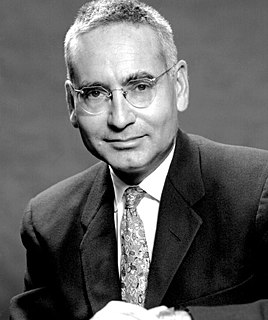 W
WEnergy security is the association between national security and the availability of natural resources for energy consumption. Access to (relatively) cheap energy has become essential to the functioning of modern economies. However, the uneven distribution of energy supplies among countries has led to significant vulnerabilities. International energy relations have contributed to the globalization of the world leading to energy security and energy vulnerability at the same time.
 W
WThe Canadian Northern Corridor is a concept for a multi-modal transportation corridor through Canada's North and Near-North. The concept is being studied jointly by academics at the University of Calgary School of Public Policy and CIRANO.
 W
WThe Energy Independence and Security Act of 2007, originally named the Clean Energy Act of 2007, is an Act of Congress concerning the energy policy of the United States. As part of the Democratic Party's 100-Hour Plan during the 110th Congress, it was introduced in the United States House of Representatives by Representative Nick Rahall of West Virginia, along with 198 cosponsors. Even though Rahall was 1 of only 4 Democrats to oppose the final bill, it passed in the House without amendment in January 2007. When the Act was introduced in the Senate in June 2007, it was combined with Senate Bill S. 1419: Renewable Fuels, Consumer Protection, and Energy Efficiency Act of 2007. This amended version passed the Senate on June 21, 2007. After further amendments and negotiation between the House and Senate, a revised bill passed both houses on December 18, 2007 and President Bush, a Republican, signed it into law on December 19, 2007, in response to his "Twenty in Ten" challenge to reduce gasoline consumption by 20% in 10 years.
 W
WThe Energy Security Act was signed into law by U.S. President Jimmy Carter on June 30, 1980.
 W
WNeslihan Gökdemir founded the Energy Forum of Turkey in 2001 and has since been the Chairman. She has been developing and delivering projects to establish an infrastructure for the energy industry and build a sustainable future.
 W
WThe Nuclear power programme in Pakistan started with the Karachi Nuclear Power Plant, also known as KANUPP, inaugurated November 28, 1972. Pakistan is the first Muslim majority country in the world to construct and operate civil nuclear power plants.
 W
WIndian Strategic Petroleum Reserves Limited (ISPRL) is an Indian company responsible for maintaining the country's strategic petroleum reserves. ISPRL is a wholly owned subsidiary of the Oil Industry Development Board (OIDB), which functions under the administrative control of the Ministry of Petroleum and Natural Gas.
 W
WThe Alvin Weinberg Foundation was a registered UK charity, operating under the name Weinberg Next Nuclear, that campaigned for research and development into next-generation nuclear energy. In particular, it advocated advancement of Liquid Fluoride Thorium Reactor (LFTR) and other Molten Salt Reactor (MSR) technologies.